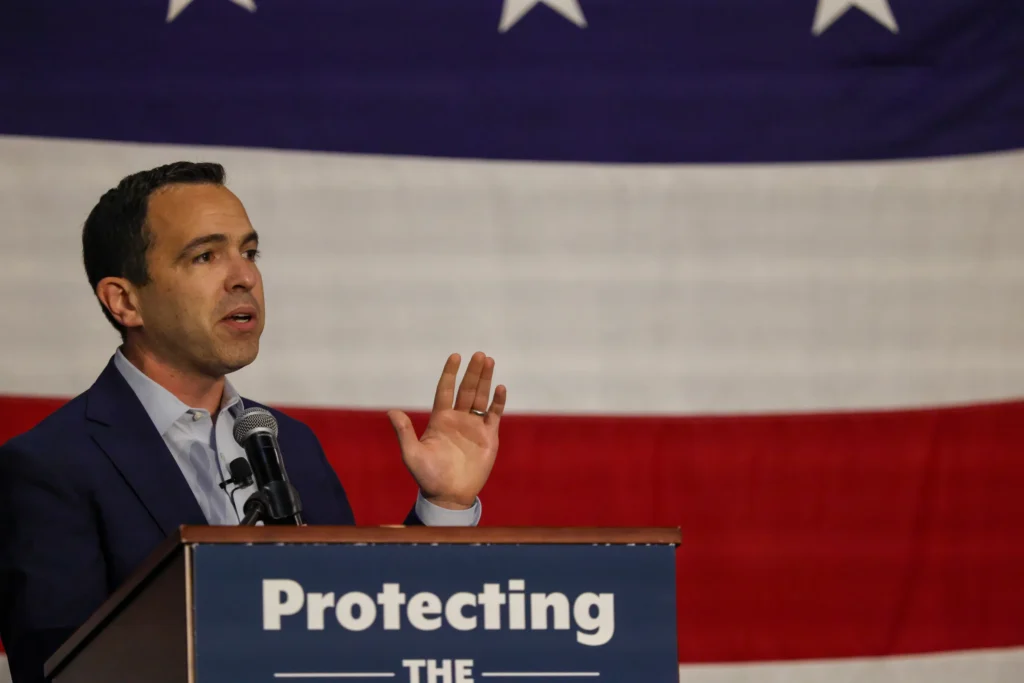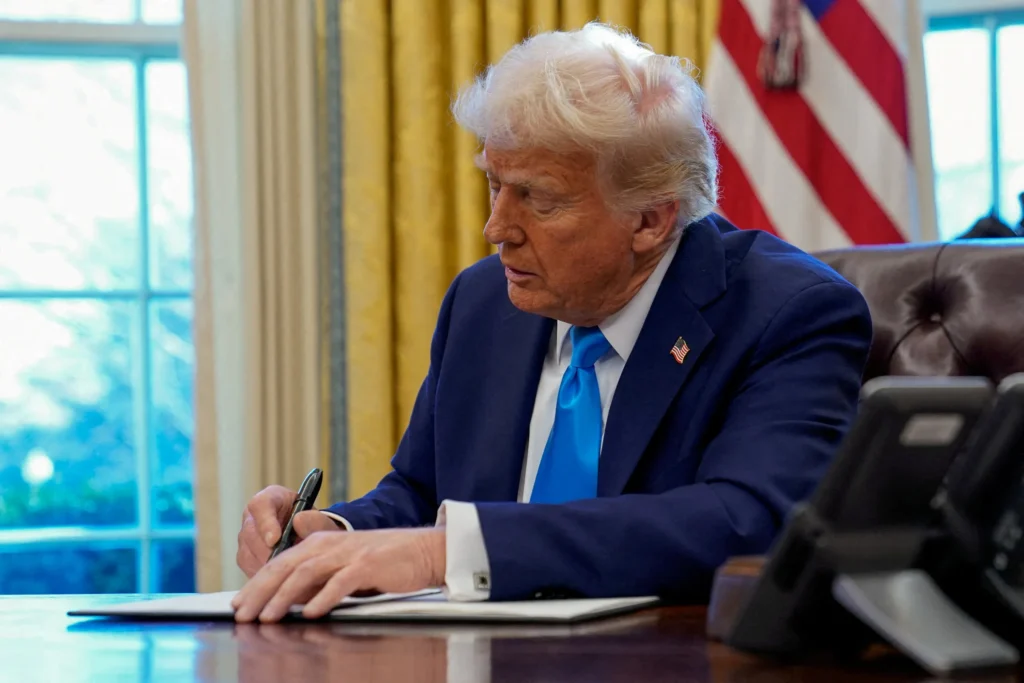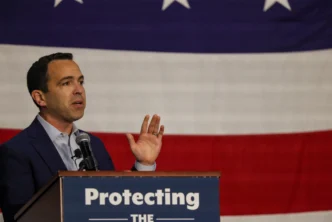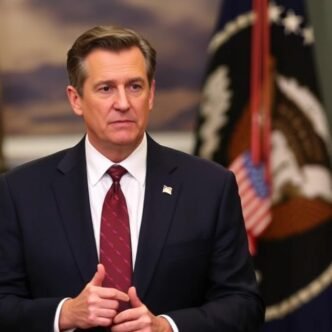President Donald Trump’s 2025 executive order, aiming to end birthright citizenship for children born in the U.S. to non-citizen parents, has sparked significant legal challenges. The order, titled “Protecting the Meaning and Value of American Citizenship,” seeks to reinterpret the 14th Amendment, which has historically granted citizenship to nearly all individuals born on U.S. soil. This move contradicts the Supreme Court’s 1898 decision in United States v. Wong Kim Ark, which affirmed birthright citizenship

Multiple lawsuits have been filed against the order, including cases from Washington, New Jersey, and immigrant rights groups like CASA. Federal judges in several states have issued preliminary injunctions, labeling the order as “blatantly unconstitutional.” The Supreme Court has consolidated these cases and is set to hear oral arguments on May 15, 2025. While the constitutionality of the order is under scrutiny, a central issue is the scope of nationwide injunctions issued by lower courts.

The outcome of this case could redefine the balance of power between federal courts and the executive branch, potentially impacting the rights of hundreds of thousands of individuals born in the U.S. Legal experts emphasize that the case’s implications extend beyond immigration, touching on fundamental constitutional principles and the judiciary’s role in checking executive authority.







